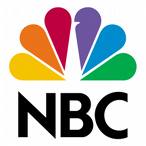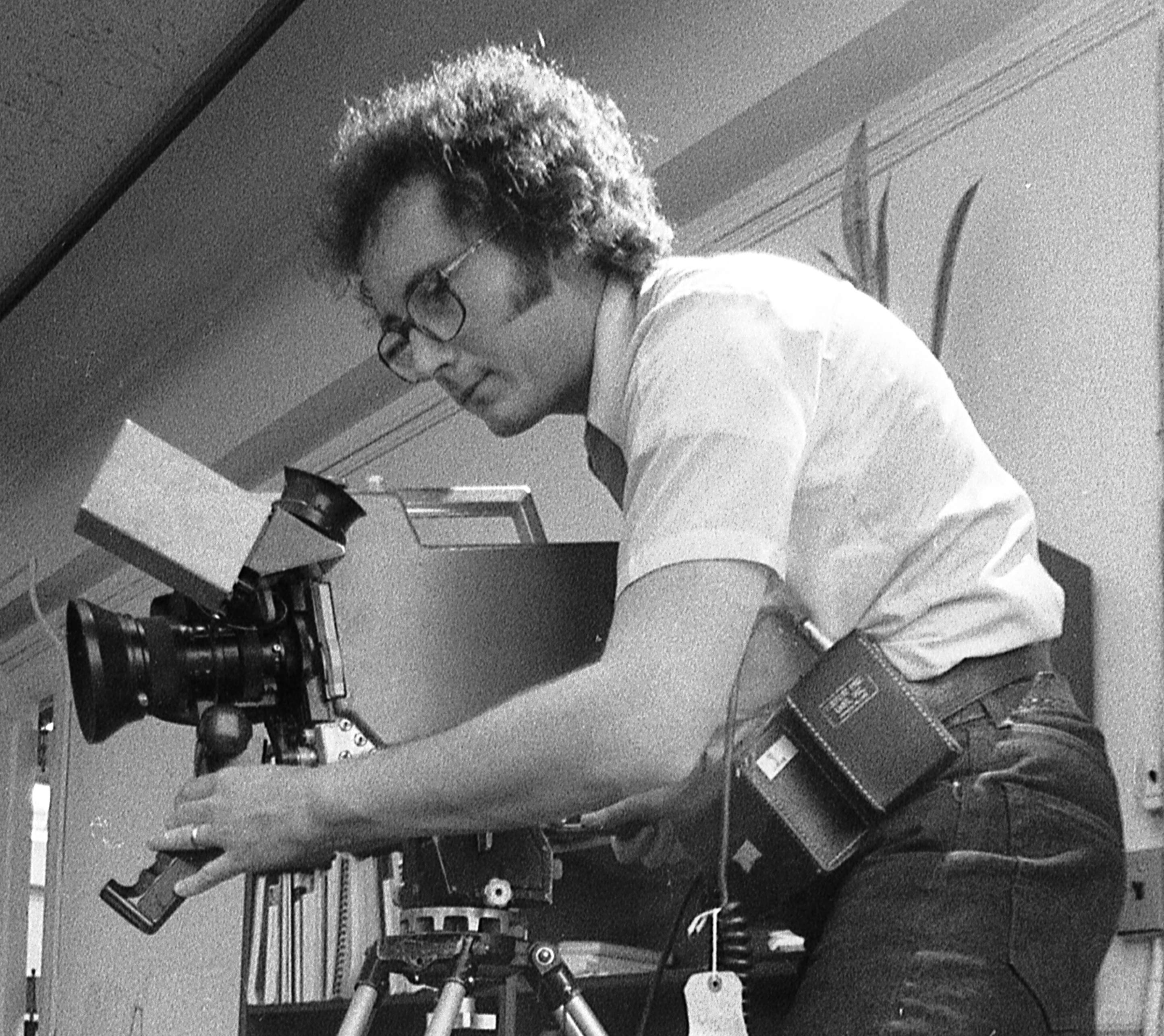NBCU Gets Comcasticized
PHILADELPHIA and FAIRFIELD, CONN.: The nation’s largest cable operator today became the first pay TV distributor to majority own a broadcast network. Comcast took a 51 percent stake in NBC Universal from General Electric for about $8 billion in cash, with GE retaining an option to cash out on its remaining 49 percent over seven years.
Comcast’s assimilation of NBCU will make it the nation’s largest media company, with 24 million pay TV subscribers, 15.7 million broadband subscribers, NBC--one of the Big Four broadcast TV networks--10 NBC O&Os, Telemundo Network and 16 of its O&Os, NBC Universal TV production and syndication operations, NBC News, 10 regional sports cable networks, eight national cable networks and minority stakes in five more, a movie studio and dozens of Web sites.
Media consolidation critics weighed in immediately as news of the deal emerged yesterday. Gigi B. Sohn is president and co-founder of Public Knowledge, a Washington, D.C. think tank that lobbies on behalf of the public interest. The group was especially active in promoting Internet neutrality, a concept by which service providers can’t block content. Sohn issued the following statement regarding the acquisition:
“The combination of the country’s largest cable company, a TV network and a movie studio could present grave dangers to a free and open Internet. The sheer size of the transaction makes a net neutrality rule that much more necessary, as more content comes under the control of another giant media company. Regulators will have to make certain that Comcast does not give advantage to NBC programs and films over others.
Rep. Ed Markey (D-Mass.), a proponent of net neutrality, weighed in on the deal, saying it raised “significant questions about consumer choice and competition.”
Sohn also expressed concern that Comcast will control too much programming and unduly influence market pricing. Small cable companies are especially wary on the content control question, and the American Cable Association raised a red flag on their behalf.
“Without broad government intervention, regulators in Washington, D.C. will see Comcast-NBCU wield its unprecedented power to drive up artificially the cost of its programming, particularly for its newly acquired local broadcast TV stations and its ‘must-have’ national and regional cable networks that air live sporting events,” the ACA’s Matt Polka said in a statement. “Without restrictions, the new media conglomerate will also leverage its enhanced market power to force other pay-television providers to distribute all of its combined Comcast-NBCU programming on basic tiers, regardless of consumer interest in paying for this content.”
The deal has to pass muster with either the Justice Department or the Federal Trade Commission, along with the Federal Communications Commission. There are no hard-and-fast rules prohibiting any element of the deal, though it will likely be scrutinized for antitrust violations by the Senate Judiciary Committee. The FCC issued an 18-word response to those calling for regulatory intervention:
“The FCC will carefully examine the proposed merger and will be thorough, fair and fact-based in its review.”
David Cohen, executive vice president of Comcast said the cable company intended “to make a number of affirmative commitments for how we will use these assets to better meet the entertainment, communications and information needs of the American public.”
Cohen’s comments came in a memo posted on the GE Web site detailing the deal. He said local news would be preserved, as would PEG channels, which would be delivered on-demand within three years of closing the deal. Comcast also pledged to conduct fair retransmission negotiations with other cable operations for the NBC and Telemundo station signals. It also promised to add six channels in which it has no stake to the line-up when it completes its full transition to digital delivery in 2011.
NBCU chief Jeff Zucker will report to Comcast Chief Operating Officer Steve Burke, a former Disney executive who joined Comcast in 1998. Burke and his bosses, the Roberts family, are old hands at integrating massive companies. Comcast, how with nearly 24 million cable subscribers and 15.7 million broadband customers, is the nation’s largest pay-TV provider, in part due to its 2002 acquisition of AT&T’s cable operation for $47.5 billion. Unlike AT&T, which bought the cable systems from John Malone in 1999 for $54 billion, Comcast was able to improve operational margins.
The operation will be spun into a joint venture between Comcast and GE with headquarters in New York. NBCU is borrowing around $9.1 billion from third-party lenders to distribute to GE. Comcast tapped J.P. Morgan Chase & Co., Goldman Sachs, Morgan Stanley, Bank of America Merrill Lynch and Citigroup for $9.85 billion to fund the transaction.
NBCU accounted for about 10 percent of GE’s revenues, which totaled nearly $38 billion for the three months ending Sept. 30. Comcast posted total revenues of $8.8 billion for the same period.
Both GE and Comcast shares moved up in today’s trading; GE from less than $16 yesterday to more than $16.20 today. Comcast gained more than a $1 to trade just above $16. Both defied the market indexes, which slid on jobless numbers that indicated shrinkage in the U.S. service sector. -- Deborah D. McAdams

The professional video industry's #1 source for news, trends and product and tech information. Sign up below.
